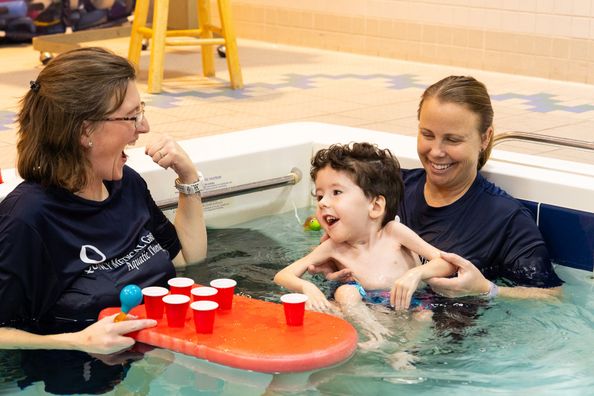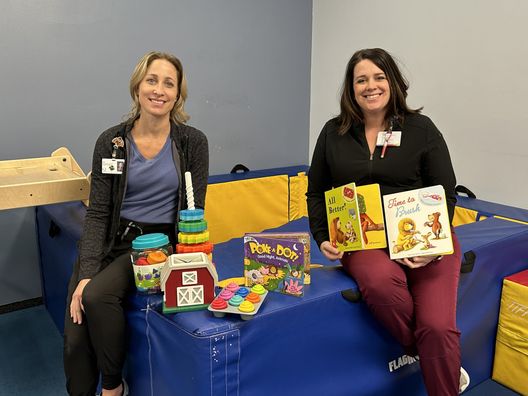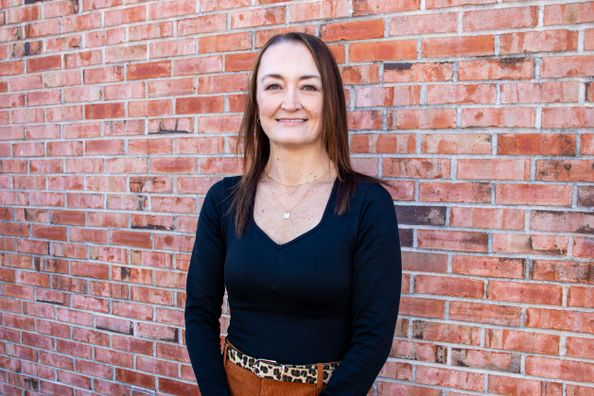What should I expect from the Global Assessment?
A Global Assessment usually includes an interview with caregivers about the child’s history, observation, an interview with the child, and testing. Testing involves paper and pencil and hands-on activities, answering questions, and sometimes using a computer. Your child will be meeting with a clinical psychologist, speech/language pathologist, occupational therapist, and testing technicians. Caregivers may be asked to fill out questionnaires about their child’s development and behavior. Caregivers are usually not in the room during testing, although they may be present with very young children. The time required depends on the child’s age and specific concerns. Make sure your child has a good night’s sleep before the testing. If your child wears glasses or a hearing aid or any other device, make sure to bring it. If your child has special language needs, please alert the clinical psychologist to these. If your child is on stimulant medication, such as Ritalin, or similar medication, please notify the intake specialist. Plan for your child to take medications as prescribed, though this may change after discussion with the clinical psychologist. If your child has had previous school testing, an individual educational plan, or has related medical records, please bring this information to your first appointment. Also, if your child resides in two homes, please provide appropriate custody documentation at initial intake appointment.
What should I tell my child about having an assessment?
What you tell your child about this evaluation depends on how much he or she can understand. Be simple and brief and relate your explanation to a problem that your child knows about such as “trouble with spelling,” “difficulty following directions,” or “feeling upset.” Sometimes, the easiest answer is to tell a child that we are trying to figure out the way they learn best. Let them know that we will talk to their teachers to make sure that we are doing everything we can to make things easier for them in school. Reassure a worried child that testing involves no “shots.” They will be completing puzzles, looking at pictures, doing activities similar to school, computer tasks, drawing, and more. You may also tell the child that “nobody gets every question right,” and that the important thing is to “try your best.” Your child will probably find the assessment interesting, and the detailed information that is gathered will contribute to your child’s care.
What is looked at during the assessment?
A Global Assessment may look at the following areas (this varies based on the child’s age and the referral question):
- General intellectual functioning, looking at both nonverbal and verbal ways of learning and how quickly they process information
- Academic skills, such as reading, math, and spelling
- Executive functioning skills, such as organization, ability to multi-task, planning, inhibition, and flexibility
- Attention
- Overall learning and memory
- Language
- Speech articulation
- Visual-processing skills
- Motor coordination
- Behavioral, social, and emotional functioning
- Sensory processing
- Ability to perform activities of daily living
Some abilities may be measured in more detail than others, depending on the child’s needs. Emerging skills can be assessed in very young children. However, the evaluation of infants and preschool children is usually shorter in duration, because the child has not yet developed as many skills.
Why is having a proper diagnosis important?
Unfortunately, many children today are misdiagnosed. Having a proper diagnosis is critical for determining appropriate treatment. For example, you do not want to be treating a child for AD/HD when they really are having problems paying attention during reading because of a Learning Disorder in Reading. You do not want to just provide a child with speech therapy if the underlying issue is autism and when they may benefit from other forms of treatment. Having a proper diagnosis is the first step to determining appropriate interventions for your child. That is why we use proven, scientific methods for determining your child’s strengths and weaknesses. Our goal is to make sure that your child is receiving the support they need to live up to their potential.
What will the results tell me about my child?
We compare your child’s test scores to scores of children of similar ages to create a profile of your child’s strengths and weaknesses. We can then use these results to help your child in a number of ways:
- Testing can explain why your child is having difficulties at school. For example, a child may appear inattentive at school due to a language problem, learning disabilities, anxiety, or a whole host of other reasons. A child may have difficulty reading due to a language disorder or a reading disability. Testing not only helps to sort out these somewhat complex issues, but then guides the intervention in a way that draws upon your child’s strengths. We can identify what skills your child needs to work on, as well as the best strategies that will help your child.
- Testing can help detect the effects of developmental, neurological, and medical problems, such as epilepsy, autism, attention-deficit/hyperactivity disorder (AD/HD), dyslexia, or a genetic disorder. Testing may be done to obtain a baseline against which to measure the outcome of treatment or the child’s development over time.
- Different childhood disorders result in specific patterns of strengths and weaknesses. These profiles of abilities can help identify a child’s disorder and the brain areas that are involved. For example, testing can help differentiate between an attention deficit and depression or determine whether a language delay is due to a problem in producing speech, understanding or expressing language, social shyness, autism, or cognitive delay.
- Most importantly, testing provides a better understanding of the child’s behavior and learning in school, at home, and in the community. The assessment can guide teachers, therapists, and you to better help your child achieve his or her potential.
How does a Global Assessment differ from a school assessment?
School assessments are usually performed to determine whether a child qualifies for special education programs or therapies to enhance school performance. They focus on achievement and skills needed for academic success. How in-depth your school assessment will be is completely dependent on the school. We can work with you to incorporate any findings from the school into a comprehensive report that will also assist with educational planning.
What are some of the disorders often seen?
There is no “typical” case, however, the following are a list of childhood disorders that we often diagnose:
- Attention-Deficit/Hyperactivity Disorder
- Childhood Depression
- Anxiety Disorders, including Post-Traumatic Stress Disorder and Obsessive Compulsive Disorder
- Learning Disorders
- Behavior Disorders
- Issues surrounding speech/language and motor control
- Autism Spectrum Disorders
- Intellectual Disability/Intellectual Developmental Disorder
- Eating Disorders
- Sensory Processing Disorders
- Tourette’s Disorder
- Adjustment Disorders related to changes in the child’s environment (parental divorce, moving, school changes, birth of a sibling, etc)
- In extremely rare cases, children could meet criteria for Bipolar Disorder or Schizophrenia.
This list is not meant to include all possible disorders that the clinic is trained to diagnose or evaluate, but includes the most common issues.
In some cases, children may not meet diagnostic criteria.
Learn More About Our Pediatric Assessment Center >
Health Topics:







